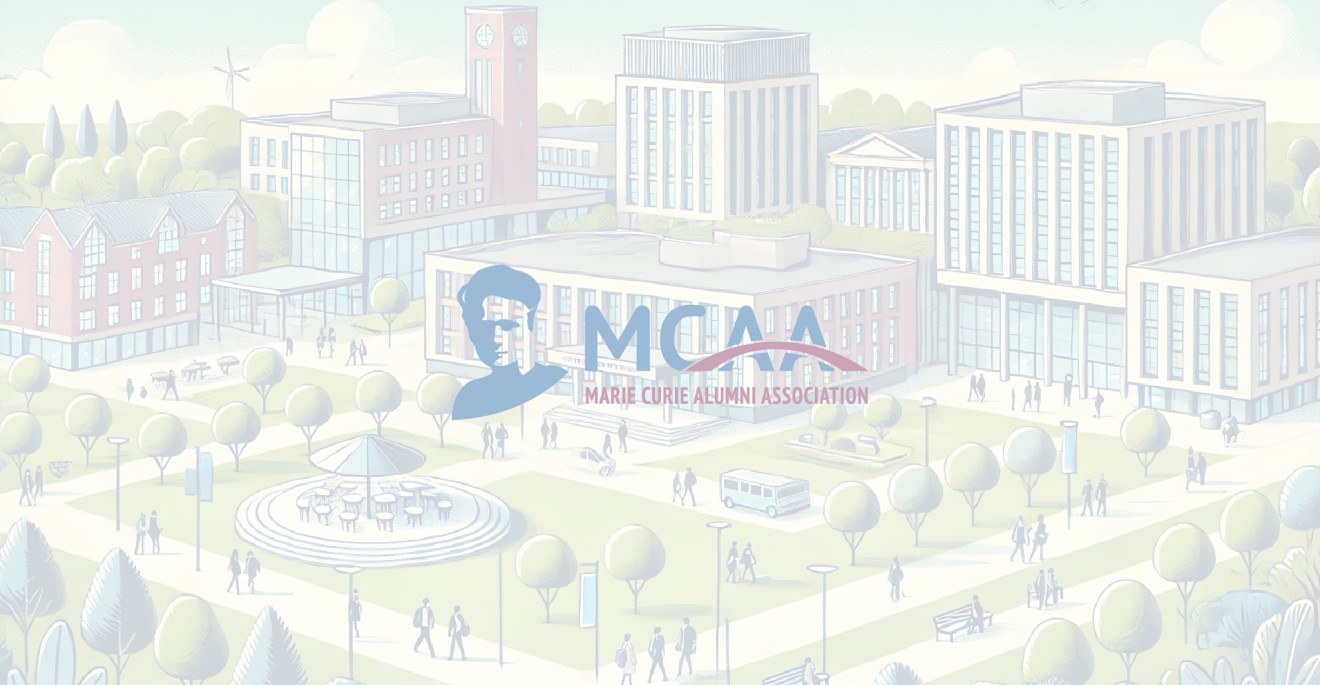BREXIT uncertainty taints UK participation in H2020

The first figures have emerged demonstrating that Brexit uncertainty has adversely affected UK research, writes By Pallab Ghosh, Science correspondent, BBC News
They show Britain's annual share of EU research funding has fallen by nearly a third since 2015.
The analysis by the Royal Society suggests scientists are choosing not to work in Britain, with a 35% drop in those coming to the UK via EU schemes.
Its president, Venki Ramakrishnan, said scientists did not want to "gamble with their careers" by working in the UK.
He explained: "They have no sense of whether the UK will be willing and able to maintain its global scientific leadership. UK science has also missed out on around [£440m] a year because of the uncertainty around Brexit.
"The potential paralysis of a no-deal Brexit and the current state of chaos are hurting UK science and that is hurting the national interest."
Horizon 2020 is the EU's Research and Innovation programme with nearly £70bn of funding available between 2014 and 2020.
UK researchers report that they were frozen out of new Horizon 2020 grant applications soon after the referendum because of the uncertainty over their participation after Brexit. In 2016, then Chancellor Philip Hammond agreed to underwrite EU grants to reduce the uncertainty.
But the Royal Society's analysis shows that the former Chancellor's measure did not work. Figures from EU databases show the UK's share of funding fell from 16% of Horizon 2020 funding in 2015, just before the referendum, to just over 11% in 2018.
The figures show that the number of UK applications to Horizon 2020 fell from 19,127 to 11,746 over the same period - a nearly 40% reduction.
There is also a strong indication that fewer researchers from other European countries are choosing to work in the UK following the referendum. The EU runs a scheme, called the Marie Curie Individual Fellowships, to help researchers and their families relocate to an overseas institution.
In 2015, some 515 scientists took up their fellowships to work in UK institutions. In 2018, this fell to 336. Over the same period, the number of fellowships helping scientists relocate to labs in Italy and Switzerland increased by 53 in each case. Spain, Belgium, Norway, Sweden and Ireland also saw increases during that time.
It is unclear why applications from UK research groups have dropped off. It is not because of actual rejections because success rates remain high for those who apply. The Royal Society has anecdotal evidence that UK groups have been asked to withdraw from applications by fellow EU collaborators because of the uncertainty their involvement would cast on those projects.
It is also possible that the government's commitments to underwriting funds are not sinking in with researchers or are not trusted.
Both Theresa May and Boris Johnson have pledged their desire to maintain close links with EU science programmes after Brexit through negotiations with the EU. Last month, Mr Johnson instructed government departments to devise a new fast-track visa system to attract leading scientists to work in the UK.
A spokesperson for the department for Business Energy and Industrial Strategy, which manages the science budget said that the government "remains committed to becoming a world-leading place to carry out cutting edge scientific research after we leave the EU.
"That's why we have firmly committed to increasing research and development (R&D) investment to at least 2.4% of GDP by 2027 and why the Prime Minister recently announced a fast-track visa route for scientists to come to the UK."
Chi Onwurah, the Shadow Minister for Industrial Strategy, Science and Innovation said that the government was "wilfully sacrificing scientific progress on the altar of ideology".
"No Deal would be total disaster for science, but the rumoured proposals being cobbled together would still leave us at a significant disadvantage . We need a deal that maintains regulatory alignment, supports collaborative funding bids on major projects, and that means the U.K. welcomes researchers rather than putting up barriers."


